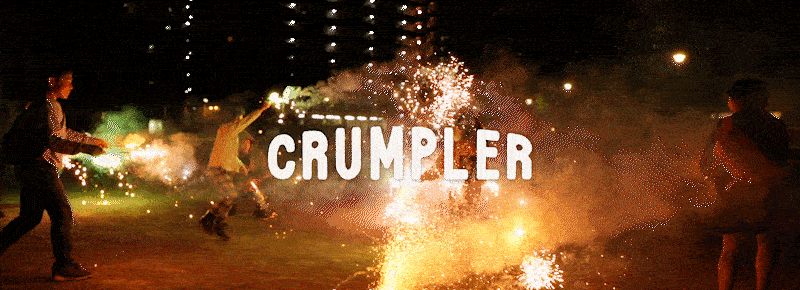
Shaka King’s latest deals with the historic and ongoing conflict between civil rights and the law.
A funny thing happens after the credits roll on Judas and the Black Messiah: the usual rumbling out of audience members is delayed for a few minutes as we all watch the screen. It’s not that we are particularly invested in the names streaming across; it’s that we can’t seem to move at all — we are still processing the last two electric hours.
The film follows Bill O’Neal (LaKeith Stanfield) through the late 60s and early 70s, after being nabbed for impersonating a federal agent in a robbery gone wrong. FBI agent Roy Mitchell (Jesse Plemons) offers him a choice: four to five years in prison or a job working as an informant in the Black Panther Party.
Opting for the latter, O’Neal develops a close relationship with the dynamic Illinois Party Chairman Fred Hampton (Daniel Kaluuya), dubbed by the feds as The Black Messiah.
The film grapples with the fraught relationship between law enforcement and the civil rights movement based on actual events. This decision feels particularly relevant in light of recent Black Lives Matter protests against law enforcement.
This is also a complex subject to broach, given the implosion of the Black Power movement in the 70s. Recent scholarship shows staggering numbers of civil rights activists were, in fact, loyal to FBI director J. Edgar Hoover, particularly within Martin Luther King Jr and Malcolm X’s respective organisations, as well as the Panthers.
Last month the deathbed confession of New York police officer Raymond Wood was shocking but unsurprising to many in the Civil Rights movement. Wood alleged that he infiltrated Malcolm X’s security team to plant evidence on his inner circle, thus removing any impediment to his assassination later that week — a sequence of events eerily similar to that of the film.
In Judas and the Black Messiah, J. Edgar Hoover (Martin Sheen) is portrayed as a virulent racist, hell-bent on the American Empire’s maintenance and the power structures within it — a far cry from more doting connotations of Hoover in American media history.
But the Achilles heel of the film is the amount of time spent following Mitchell and Hoover, time that could be better spent on the outstanding Daniel Kaluuya.
Hampton, who was assassinated at only 21 years of age, spends months unifying the Chicago gangs under the Panther Party and is deeply interested in including white workers’ unions and Hispanic organisations under this revolutionary umbrella of the ‘Rainbow Coalition’. Kaluuya sells Hampton’s vision of a rainbow coalition to the audience with equal parts grace and vigour.
Stanfield, as O’Neal, on the other hand, doesn’t have much to do, and many of his scenes feel very one-note. This is not to say his performance was lacking, but that the film’s preoccupation with O’Neal over Hampton does it few favours.
O’Neal is keen to be wined and dined, even if he is technically the FBI’s indentured servant. But we are all aware of the danger hanging over his shoulder, and this climaxes with a literal last supper — a meal at Hampton’s house, where guilt and danger maximise and coincide.
Judas and the Black Messiah is a testament to the past, ongoing, and future battles against racism and law enforcement overreach. Many of the critical stories that make up the soul of anti-racist movements have been untold — or mistold — for decades. Judas and the Black Messiah is a vital step in the direction of the truth, even if, at times, it can be hard to look.
Judas and the Black Messiah is in cinemas now.







